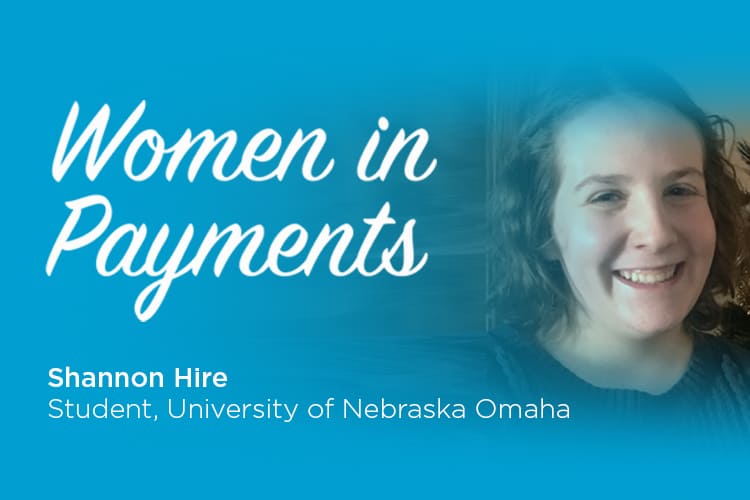Katrin Boettger: Why did you decide to bring Coding for Girls to the UK?
Melissa Mckendry: Our US colleagues have run several Coding for Girls camps successfully, across various sites in recent years. We wanted to bring this initiative to Europe as the public debate around women in STEM subjects and technology debates has really taken off this year. The payments and fintech industry in Europe is growing, and offers fantastic career opportunities for young men and women. In the years to come, the industry will need many more skilled software engineers, computer programmers and data scientists.
Recently, I have become more aware of the lack of women in our industry, especially since becoming site leader for our Watford office. Historically, society has put more emphasis on boys when it comes to math and science subjects. Figures show that in 2017, less than 30% of computer scientists were women, and that the percentage is on the decline. There is a societal mindset that needs to be changed for a significant impact to take place. Along with educating young girls about professions in STEM, our society and the parents and guardians of young girls need to be educated on the importance of including women in such professions. And we in Watford want to play a part in making this change happen!
KB: Tell us about the Camp itself. How did it go and what was the verdict of the girls and their parents?
MM: To be honest, it was an amazing experience, from beginning to end! We had a great group of volunteers from the Watford office who all ‘mucked in’ in terms of organizing the event, getting the word out and volunteering to teach. On the day, we had about two dozen girls, from various backgrounds and with various levels of knowledge in regards to the subject matter. However, they all were keen to learn and got immersed into the subject matter quickly; some of them even worked through the breaks and continued after the end of the official session! A few of the girls mentioned that they enjoyed the fact there was no male/female competitiveness. Parents sincerely thanked us for our time and investment in holding this event; there was genuine appreciation that a local company was interested in helping provide visibility and opportunity.
KB: What are your hopes and aspirations for the future, especially for women in our industry?
MM: I firmly believe that girls need an introduction to coding and other STEM areas at a young age, so that down the road they can enter professions in the tech field. We’re not stopping here – we are planning more camps and are thinking about organizing a hackathon next!
Today nearly every job touches tech in some way, so if these girls can be comfortable with the coding language, they have a huge advantage when it comes time to start applying for jobs. As they say, you need to catch them when they are young! Unconscious bias is often the point where challenges start, but as society changes and is becoming more aware of such biases, as we debate these issues more honestly and openly, these bias barriers will shift and hopefully cease to exist.
When events are successful, you always start to think bigger and better. Whether brainstorming at home, in the office with peers, or most recently attending networking events led by European Women in Payments or Women in Payments, the ideas just keep coming—from information for parents to help guide their kids at home make the right choices in education, to building upon our Coding for Girls camp with more advanced training or even hackathons.
Promoting equal opportunity, diversity and inclusiveness have been on top of my agenda, especially since becoming site leader at our Watford office. At ACI, women sit on our Board of Directors and Executive Leadership Team and hold senior roles across the organization, whether as software engineers, sales executives or product developers. I truly believe that diversity and inclusiveness are not just buzzwords, but are crucial to the success of our company and the economy as a whole.




